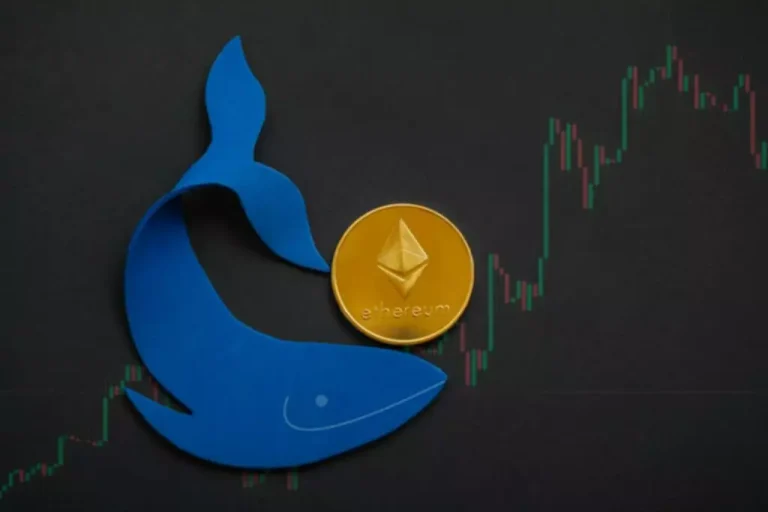Real estate brokers pocketing up to 6% in fees draw antitrust scrutiny
You’ll also pay a $50 early redemption fee for all sales executed within 60 calendar days of the trade date of your most recent purchase of the same fund. The Options Regulatory Fee varies by options exchange, where an options trade executes, and whether the broker responsible for the trade is a member of a particular exchange. As a result, TD Ameritrade calculates a blended rate that equals or slightly exceeds the amount it is required to remit to the options exchanges.

For U.S. Treasury purchases traded with a Fidelity representative, a flat charge of $19.95 per trade applies. A $250 maximum applies to all trades, reduced to a $50 maximum for bonds maturing in one year or less. Rates are for U.S. dollar-denominated bonds; additional fees and minimums apply for non-dollar bond trades.
Treasury & payment solutions
WellsTrade® accounts are available through Wells Fargo Clearing Services, LLC (Member SIPC), a registered broker-dealer and a separate non-bank affiliate of Wells Fargo & Company. Fee applies to any asset for which Wells Fargo Advisors/First Clearing does not hold a selling agreement but has met the requirements to be displayed on the client statement. Applies to outside investments displayed on both standard brokerage and IRA statements.

Most investors don’t bother reading Securities and Exchange Commission (SEC) filings, but SEC filings are available to the public, and the information within them is like taking an open book test. Unlike press releases, a public company must state the facts in its SEC filings. One smart move is to thoroughly read a broker’s pricing structure before opening an account. Some brokers — especially those that are designed with frequent traders in mind — charge an inactivity fee if your account remains idle for too long.
Are brokerage fees tax-deductible?
The Foreign Financial Transaction Fee corresponds to the amount of the tax, as set forth under applicable foreign tax laws. It is generally a percentage or scheduled amount based on the aggregate purchase price of the securities subject to the tax. This fee is passed through from the foreign government to the client. If this fee is charged, the amount will be displayed on the trade confirmation. Wells Fargo Advisors offers qualified customers the ability to invest on margin.

The expense ratio is designed to cover operating costs, including management and administrative costs. Funds that are actively managed — employing a professional to buy and sell its investments — typically carry higher expenses than index funds and ETFs, which are passively managed and track a stock market index, like the S&P 500. The goal of a manager is to try to beat the market; in reality, they rarely do.
Brokerage services commission & fee schedules
For additional information about rates on margin loans, please see Margin Loan Rates. Security futures involve a high degree of risk and are not suitable for all investors. The amount you may lose may be greater than your initial investment. Before trading security futures, read the Security Futures Risk Disclosure Statement. Structured products and fixed income products such as bonds are complex products that are more risky and are not suitable for all investors. Before trading, please read the Risk Warning and Disclosure Statement.
The fee you pay to trade stock shares may be different from the one you pay to trade mutual funds, ETFs or options. With options trading, you may pay a base fee or a per-contract fee. A transaction fee may be assessed at the time of purchase or sale to cover the cost of offering the mutual fund to you. An early redemption fee may also be imposed by the fund company, generally if the position is held less than 180 days; refer to the fund prospectus for details. 1 There is no account fee to own a TIAA brokerage account; however, brokerage transaction fees may apply.
About TIAA
Vanguard Brokerage reserves the right to end these offers anytime. Today, many online platforms like Robinhood offer $0 trading in many stocks and ETFs (as well as many others that have since joined the commission-free movement). The disappearance https://www.xcritical.com/ of outright brokerage fees for trades has been the result of intense competition resulting in fee compression. These services instead make money by selling your order flow or loaning your stock positions to short sellers.
- For U.S. Treasury purchases traded with a Fidelity representative, a flat charge of $19.95 per trade applies.
- 298.6% price improvement rate reflects market orders executed between July and September 2023 in exchange-listed stocks less than 2,000 shares in size, representing the vast majority of our clients’ market orders.
- Price improvement percentage is calculated by dividing executed market orders receiving price(s) better than the National Best Bid and Offer (NBBO) at the time of order routing by the total number of orders executed.
- Futures and forex accounts are not protected by the Securities Investor Protection Corporation (SIPC).
- Others charge a percentage of assets under management and earn a commission from the sale of specific investments.
SIPC only protects customers’ securities and cash held in brokerage accounts. Annuity contracts and certificates are issued by Teachers Insurance and Annuity Association of America (TIAA) and College Retirement Equities how do brokerage fees work Fund (CREF), New York, NY. Each is solely responsible for its own financial condition and contractual obligations. There is no fee to transfer money electronically to your TIAA Brokerage account from your bank account.
Pershing LLC – Rollover Processing
A brokerage account lets you buy a variety of investment assets—like mutual funds, stocks, ETFs, bonds and more. Brokerage fees are the cost of doing business with a broker and can take away from the returns of your portfolio. When choosing a broker, take the time to assess the services you’re receiving and whether the cost of those services benefit you. Additionally, consider if any other fees are necessary or just in the interest of the broker. Today, through online brokers, brokerage fees for simple stock investing are very low or nonexistent, allowing you to keep larger portions of your investment returns.
If you’re using a top-tier broker or agent, it may be worth it to pay the full commission as they will probably work as hard as they can to get you the best deal possible. This means a transaction involving a $100,000 home results in a $5,000 commission at 5%. In most states, the fee is normally paid by the seller—the buyer won’t be responsible for this charge. Take the guesswork out of choosing investments with prebuilt portfolios of leading mutual funds or ETFs selected by our investment team. Forced margin liquidations may be subject to additional fees, including a broker assisted trade fee and/or brokerage commission.
What Is a Brokerage Fee? How Fees Work and Types
Trading fees from a brokerage can kick in when you’re buying and selling shares of stock, mutual funds or other investments. That’s true whether you’re trading in an online brokerage account or through a traditional full-service broker. Every broker is different when it comes to what fees they charge to trade and how much you’ll pay. Being aware of trading costs is important for managing returns in your portfolio, as excessive fees can seriously cut into what you profit.
Financial education
For details, review the relevant Program Fundamentals, available online or through a representative. Digital managed accounts designed for investors looking for simple, professional money management solutions. Taxes related to TD Ameritrade offers are your responsibility. All Promotional items and cash received during the calendar year will be included on your consolidated Form 1099.
Government securities and agencies
Trading fees apply when you want to buy or sell shares of a specific investment. Also called a commission, this fee is paid to the broker in exchange for helping to facilitate the trade through the platform. All major brokers that we cover have eliminated commissions on online stock trading, but there are some that charge fees for trading options, mutual funds, and cryptocurrencies.
